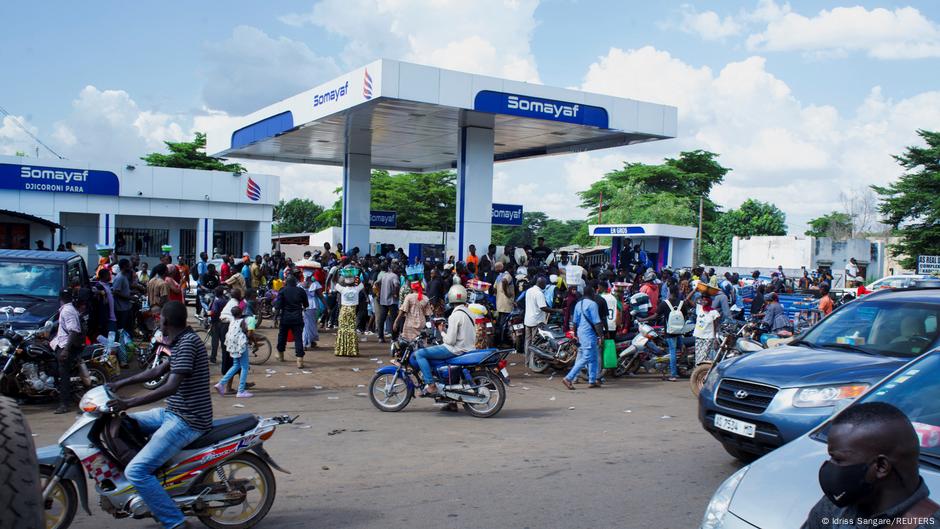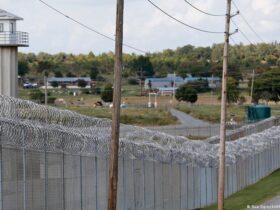Mali’s military government has closed schools and universities across the Sahel country amid a blockade by Islamist militants on fuel imports from neighboring states.
Mali, along with the other junta-ruled Central Sahel countries of Burkina Faso and Niger, has long struggled with an insurgency by multiple armed groups, some of which are affiliated with the terrorist networks al-Qaeda and the so-called “Islamic State” (IS).
What is behind school closures in Mali?
In an announcement on state television on Sunday, Education Minister Amadou Si Savan said classes would be suspended for two weeks from Monday due to the disruption in fuel supplies, which is affecting the movement of school staff.
He said authorities were making “every possible effort” to restore normal fuel supplies before the reopening of schools and universities on November 10.
The move comes as militants from the al-Qaeda-backed Jamaat Nusrat al-Islam wal-Muslimeen group have imposed a ban on fuel imports into Mali since early September.
The blockade has had a negative impact on the country’s already weak economy, causing prices of goods and transportation to rise.
There are huge queues at gas stations in the capital Bamako.
The junta has announced fuel restrictions “until further notice”, saying it would give priority to emergency vehicles such as ambulances and hearses and vehicles used for public transit and freight transport.
What is the effect of fuel restriction?
Mali is dependent on fuel imports for its domestic needs, meaning the blockade represents a major challenge for the military junta that took power in 2020 promising to stabilize the security situation in the country.
After driving out French forces, the junta turned to Russian mercenary units such as the Wagner Group for help fighting the rebels, but analysts say this has made no difference to the deteriorating security situation.
The Malian army has tried to move some fuel trucks stranded at the border to Bamako, but had limited success, as many of the vehicles were attacked by militants.
Edited by: Kieran Burke






Leave a Reply